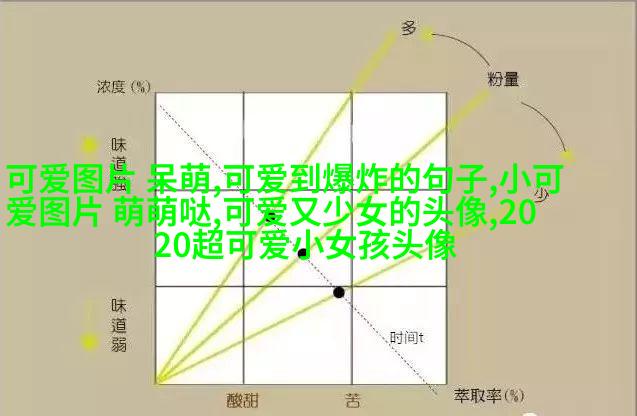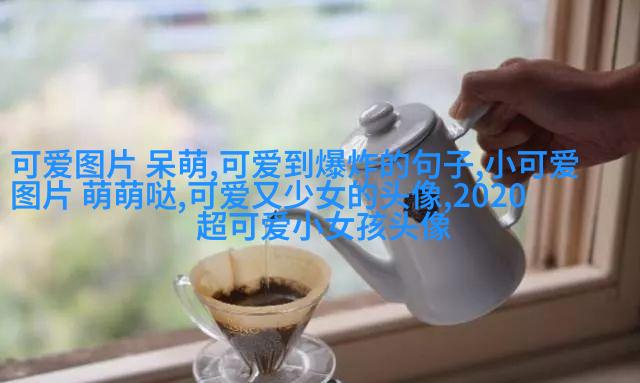日常问候探索其在学术交流中的语用功能与文化意义
日常问候:探索其在学术交流中的语用功能与文化意义

引言
学术交流是知识传播和思想碰撞的重要平台,它不仅涉及专业领域的深入讨论,还包括了学者之间的人际交往。在这些交往中,日常问候作为一种基本的社交行为,其背后蕴含着丰富的情感、文化和语用意义。本文旨在探讨每天一句问候的短句子在学术交流中的作用,以及它如何体现出特定的文化特征。

问候语的选择与策略
首先,我们需要理解为什么在学术环境中会有这样一种习惯,即每天都要使用一个新的问候短句。这种做法并非随意,而是在于它能够促进互动,增强团队凝聚力,同时也能展现个人的修养和对他人尊重。例如,一位教授可能会选择一些具有哲理意味或启发性的词汇,如“新的一天带来新的机遇”,这样的表达既能激励自己,也能传递积极向上的信息给团队成员。

情感表达与沟通效果
第二,我们应该关注问候语的情感色彩及其对沟通效果的影响。不同情绪所包含的信息量各异,有时简单而温馨的话语如“早上好”、“祝您愉快”等能够瞬间提升对方的心情状态;而其他时候,更为深沉或幽默的话题则可以打开话匣子,促使双方进行更深层次的心灵接触。这一点对于跨文化交流尤为重要,因为不同的文化背景下同样的词汇可能承载着不同的含义。

语言游戏与多样性
第三,我们不能忽视语言游戏这一元素,它通过创造性地变换字母、音节或者整个词根,可以使得日常问候更加生动活泼。而且,这种多样性的存在不仅增加了学习者的兴趣,而且还能够反映出社会多元化的一面,让人们从中找到共鸣点,从而加深相互理解。

跨界应用:从校园到职场
第四,不仅限于教育机构内,每天一句问候也可以被运用到工作场合之中,以此来营造良好的工作氛围。此外,在国际合作项目中,这种习惯也成为了桥梁作用,使来自不同国家和地区的人员即便没有共同语言,也能通过身体语言和口头禅建立起初步联系,并逐渐融入到小组之中。
结论与展望
总结来说,每天一句asked in this paper is not just a simple greeting, but an intricate web of emotion, culture and functionality. Its presence in academic exchanges can foster a sense of community and mutual respect among participants. As we move forward with our research on the topic, it will be important to continue exploring new ways to incorporate these greetings into our daily lives while maintaining their original intent.
In conclusion, the incorporation of every day one sentence asked into academic exchanges has shown potential for fostering communication and collaboration among participants. It serves as a means to create a positive environment that encourages interaction and promotes understanding across cultural boundaries. Further studies are needed to uncover the full extent of its impact on academic settings as well as other professional environments.
Finally, by recognizing the importance of such greetings in promoting social cohesion and fostering cross-cultural understanding, we can work towards creating more inclusive spaces where individuals from diverse backgrounds feel valued and respected.
The future holds much promise for further exploration into this topic, allowing us to better understand how everyday interactions shape our perceptions of others and contribute to building stronger communities within academia.



